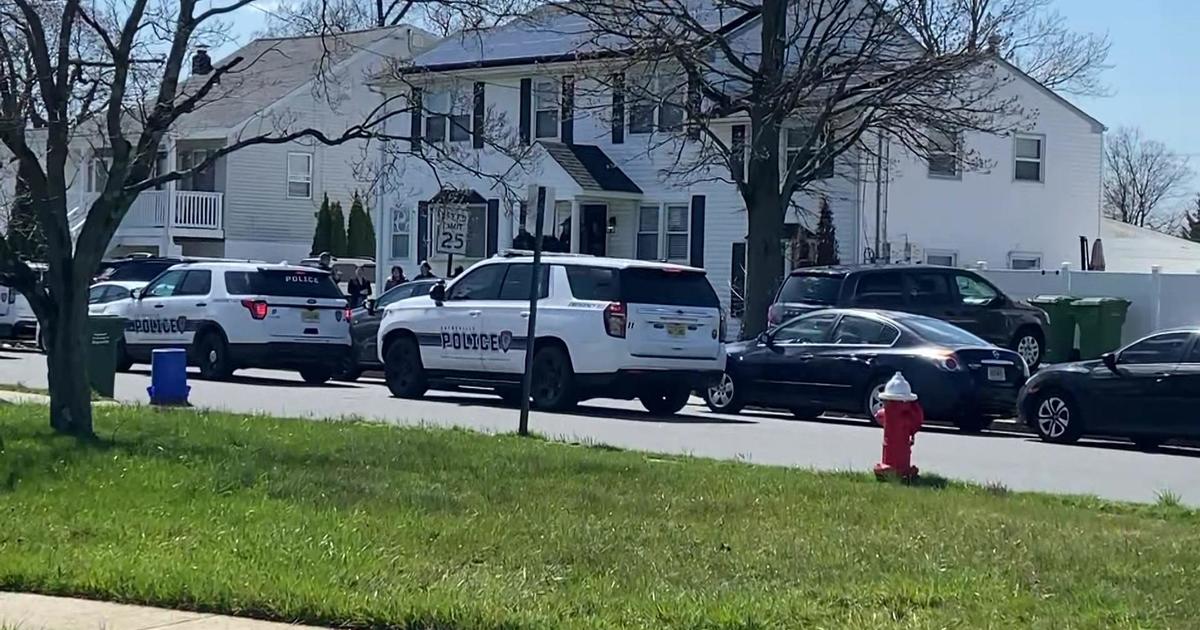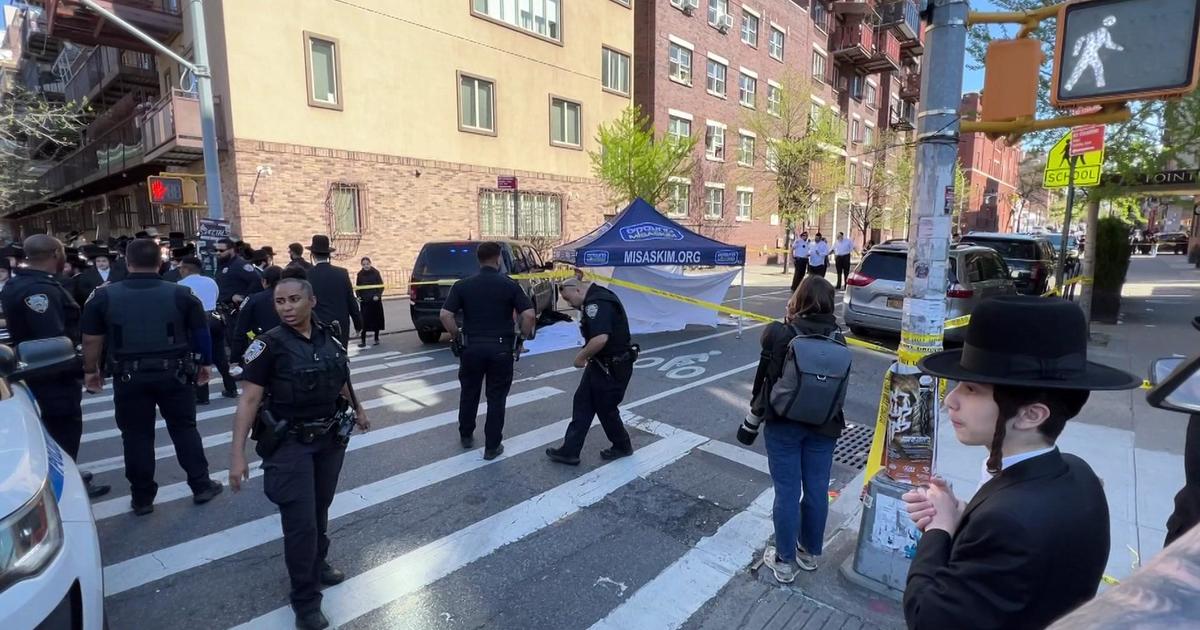Attorney: NJ TRANSIT Engineer In Deadly Hoboken Crash Had Undiagnosed Sleep Apnea
HOBOKEN, N.J. (CBSNewYork/AP) -- The engineer of an NJ TRANSIT train that slammed into the Hoboken Terminal in September suffered from undiagnosed sleep apnea, the engineer's attorney said Wednesday.
"My client was diagnosed with severe sleep apnea just recently, during an examination by an expert that I arranged after the accident. Those results were forwarded to the NTSB on October 31," said attorney Jack Arseneault, representing engineer Thomas Gallagher.
Gallagher, 48, told investigators he had no memory of the crash and remembered waking up on the floor.
"The diagnosis made sense to Mr. Gallagher in light of the fact he couldn't remember anything about the crash," Arseneault said in the statement. "The last thing he remembers was checking his speed at 10 mph and blowing the horn then ringing the bell as he approached the station."
Arseneault said Gallagher underwent a physical in July and was cleared for duty.
A U.S. official told the Associated Press that investigators are looking at the sleep apnea as a potential cause. The officials were briefed on the investigation and spoke to The Associated Press on the condition of anonymity because they weren't authorized to discuss the matter.
NJT Crash: Latest | Video | Photos
In a statement, NJ TRANSIT declined to discuss the issue and appeared to denounce the release of the information about the engineer's condition.
"NJ TRANSIT is gravely concerned that anyone would fail to properly handle confidential, sensitive and privileged information properly," the agency said. "Under Federal rules, NJ TRANSIT cannot discuss any specifics surrounding the accident."
NJ TRANSIT did say it has a sleep apnea screening program, but said it could not discuss any specific employee's medical or personal information.
The National Transportation Safety Board said it was not able to confirm specifics of the engineer's health.
A union representing Gallagher didn't immediately respond to a message.
One person was killed and more than 100 were injured in the train crash on Sept. 29.
U.S. Sen. Robert Menendez (D-N.J.) said the crash emphasizes the need for Positive Train Control to stop future incidents, and urged NJ TRANSIT to ensure riders know everything about the safety of the trains they are boarding.
"If it is determined that the engineer suffered from a chronic condition that contributed to the crash, it only further underscores the critical need for Positive Train Control, which is precisely designed to prevent a train from exceeding the required speed limit in the case of operator impairment," Menendez said in the statement.
In December 2013, a Metro-North Railroad engineer William Rockefeller, also had undiagnosed sleep apnea, fell asleep at the controls for his train and failed to slow down for a sharp curve.
Four people were killed and more than 70 were injured when the train derailed in the Spuyten Duyvil section of the Bronx.
The Metropolitan Transportation Authority also tests for sleep apnea – in a program that began at Metro-North and was subsequently deemed a success.
Trains run by NJ TRANSIT, which operates the nation's second-largest commuter railroad, have been involved in 157 accidents since the start of 2011, three times as many as the largest, the Long Island Rail Road, according to an Associated Press analysis of data from January 2011 through July 2016.
(TM and © Copyright 2016 CBS Radio Inc. and its relevant subsidiaries. CBS RADIO and EYE Logo TM and Copyright 2016 CBS Broadcasting Inc. Used under license. All Rights Reserved. This material may not be published, broadcast, rewritten, or redistributed. The Associated Press contributed to this report.)



